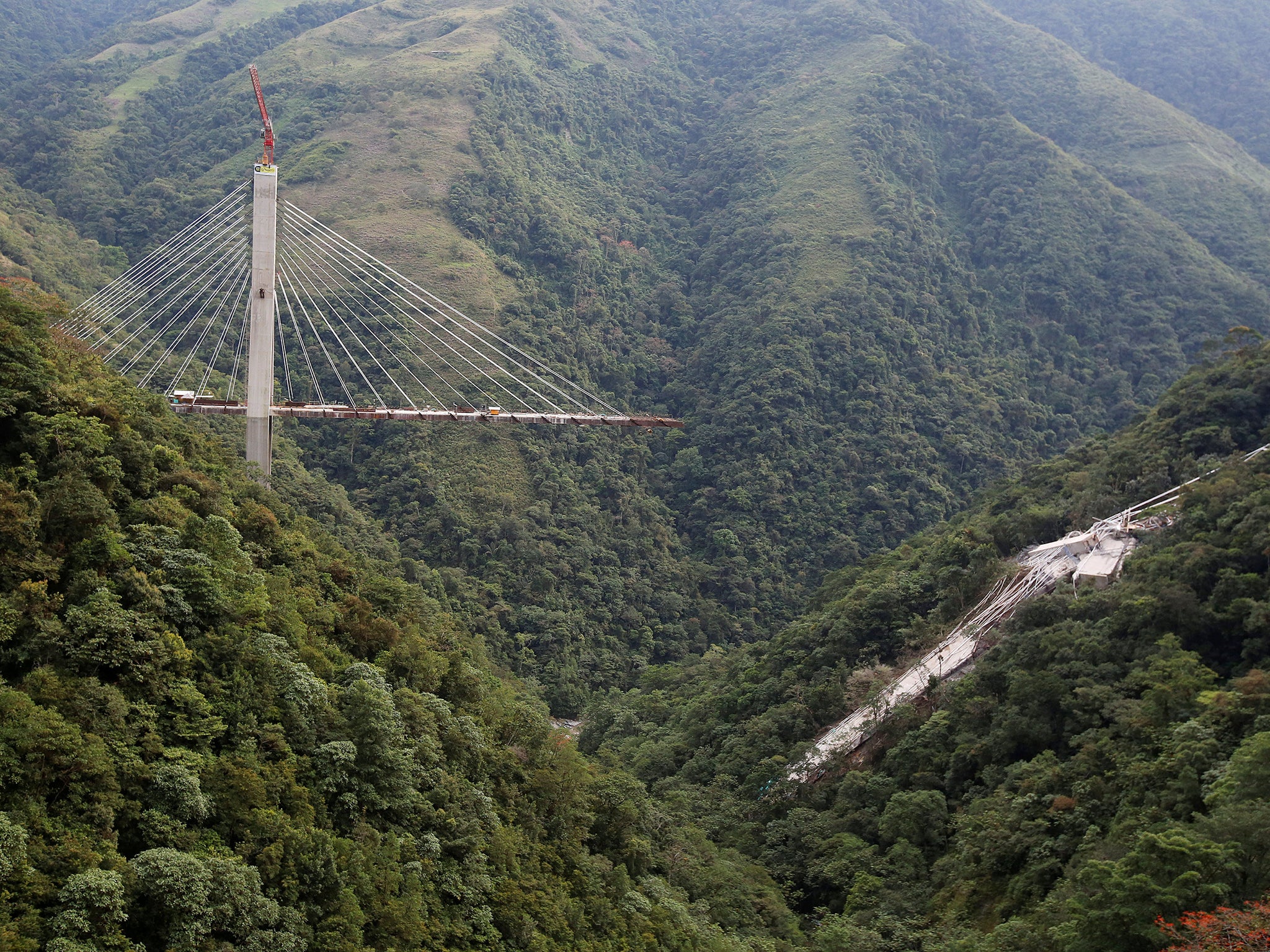Mea Culpa: clearing the clutter of needless punctuation
An outbreak of unnecessary hyphens and quotation marks – and other style glitches in this week’s Independent


Your support helps us to tell the story
From reproductive rights to climate change to Big Tech, The Independent is on the ground when the story is developing. Whether it's investigating the financials of Elon Musk's pro-Trump PAC or producing our latest documentary, 'The A Word', which shines a light on the American women fighting for reproductive rights, we know how important it is to parse out the facts from the messaging.
At such a critical moment in US history, we need reporters on the ground. Your donation allows us to keep sending journalists to speak to both sides of the story.
The Independent is trusted by Americans across the entire political spectrum. And unlike many other quality news outlets, we choose not to lock Americans out of our reporting and analysis with paywalls. We believe quality journalism should be available to everyone, paid for by those who can afford it.
Your support makes all the difference.We reported the collapse of a bridge under construction in Colombia with this dramatic photograph and the headline: “Colombian suspension-bridge collapse kills nine workers and injures five.”
A reader wrote in to point out that “this is a cable-stayed bridge”, a kind “that has largely superseded suspension bridges in modern construction”. A suspension bridge, he explained, has chains or cables hanging vertically from the main cable, which itself hangs in a catenary, which is like an inverted parabola but not quite.
I was pleased to learn the difference, but for the purposes of a headline I thought it would confuse the reader to call this a cable-stayed bridge. The bridge is, after all, still suspended on cables. It is just that they go diagonally.
What I thought was wrong with the headline was the unnecessary hyphen, now deleted. Had we decided to call it a cable-stayed bridge, however, that would have been a useful hyphen, linking the two parts of a compound adjective. (And it would have been worse to call it a “cable-stayed-bridge”.)
The opening sentence of the report also had a hyphen in a compound adjective: “At least nine construction workers were killed and five injured when a partially-constructed bridge collapsed in central Colombia on Monday.”
Unfortunately, the exception to the convention about compound adjectives is that you do not need a hyphen after a word ending “ly”. The ending acts like a hyphen, to join the word to the one that follows.
So that now reads “a partially constructed bridge”, as in the caption above, and the outbreak of unnecessary hyphens has been beaten back.
More punctuation clutter: My campaign to get rid of quotation marks after the phrase “so-called” is having mixed success. Once we say something is so-called, we have distanced ourselves from the word or phrase, and we do not need to put quotation marks around it as well.
This week we had so-called “binfastructure”, a so-called “valley of death” and a so-called “special relationship”. Fortunately, we also had so-called honour killings, a so-called Brexit divorce bill and a so-called universal flu vaccine. Needless to say we called this last “a holy grail of medicine”. Holy grail is hackneyed enough, but the point of the legend is that there was only one of them, the cup that Jesus used at the Last Supper.
This adds weight to an associated campaign by Zak Thomas, one of our sub-editors, to discourage the use of “so-called” altogether. Who can forget Philip Hammond, the Chancellor, in his November Budget, talking of “so-called white cider”? But if we cannot do without it, let us at least do without the clutter of quotation marks.
Cook the planet: We repeated a confusion in a University of Manchester news release in a report this week of the contribution of microwave ovens to global warming. We said: “Microwaves across the EU consume an estimated 9.4 terawatts per hour of electricity every year.”
As John Harrison pointed out, we meant 9.4 terawatt-hours. One kilowatt of power applied for one hour is one kilowatt-hour. One terawatt-hour is a billion times as much energy.
Statement fashion: An article this week about the trend for slogans on T-shirts, such as Dior’s “We Should All Be Feminists”, said: “While we can whine all we want about the superficiality of addressing these issues via style, none of this is going away any time soon.” The article was syndicated from The New York Times, but there is no excuse for “any time soon”. It means “soon”.
Join our commenting forum
Join thought-provoking conversations, follow other Independent readers and see their replies
Comments